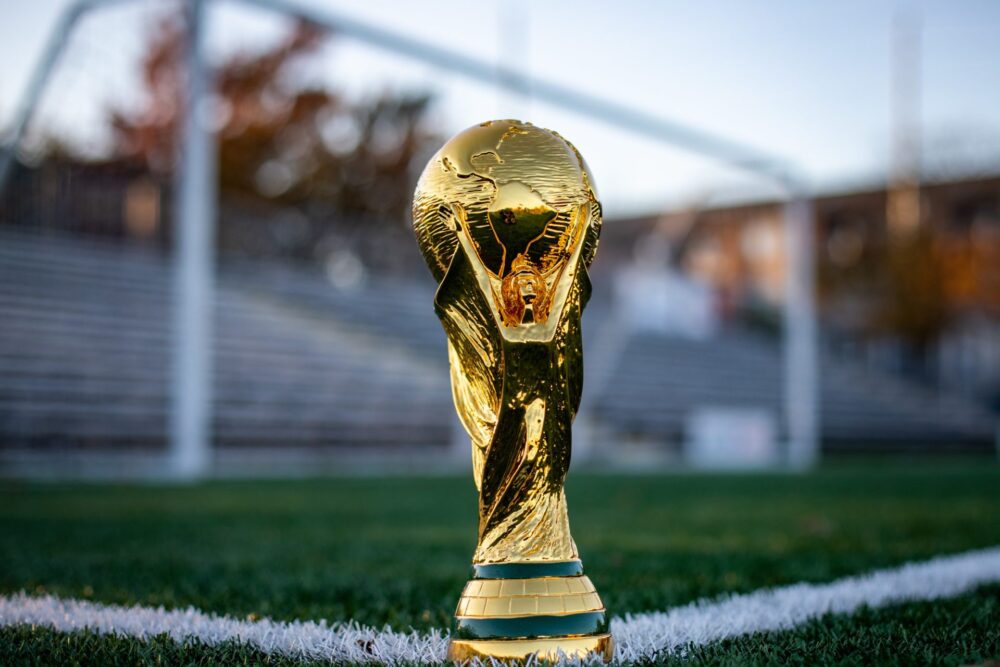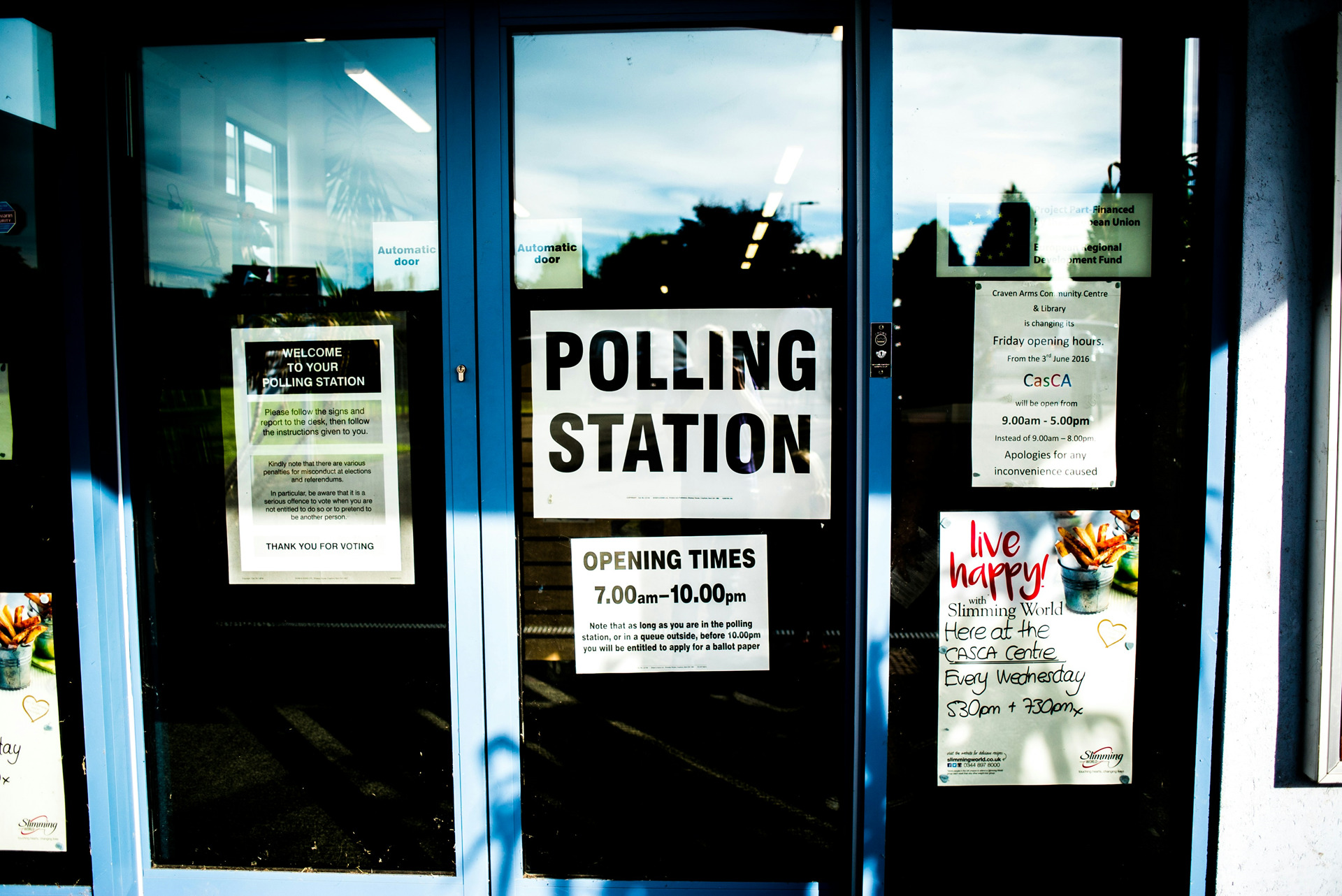
Fans don’t want politics brought into football.
It was a statement from Conservative MP Lee Anderson commenting on his opposition to the England team ‘taking the knee’ ahead of the men’s Euros last summer but it was variation on a line that has been thrown at stars for years (so much so that the phrase ‘stick to sport’ has its own Wikipedia page).
We are told that fans don’t want to be lectured to and sport should be an escape from the real world. That athletes such as LeBron James, Naomi Osaka, Marcus Rashford are there to entertain us and therefore should be seen but not heard.
And on the face of it, a recent Savanta ComRes survey would tend to back up this idea.
Half (51%) of UK adults told us football and footballers should stay out of political issues, outnumbering the third (36%) who say they should use their platform to bring about change on political issues. Among those who watch football often these figures rise to 54% and 40% respectively.
The survey was undertaken ahead of the men’s FIFA World Cup in Qatar where the intersection of politics and sport is impossible to ignore. The decision to award the tournament to the Gulf nation has been controversial since the outset, with Qatar criticised for its treatment of migrant workers and human rights record, including the criminalisation of same-sex relationships.
How football, footballers and football fans should handle this World Cup has been debated for more than a decade, with the sport’s governing body FIFA recently writing to the 32 competing nations to say participants should ‘let football take centre stage’ over the next month.
And it appears UK adults agree. Despite the fact two thirds (66%) say Qatar is not a suitable host for the World Cup, more than half (54%) say nations competing in Qatar should not focus on political issues during the tournament. Among those who watch football often these figures rise to 75% and 60% respectively.
However, dig a little deeper and the picture becomes more complicated.
While the English and Welsh FAs are not directly protesting LGBTQ+ rights in Qatar, they are among a group of nations who have joined the ‘OneLove’ campaign. The captains of the nations involved in the campaign will wear a ‘OneLove’ rainbow armband at the tournament and look to ‘use the power of football to promote inclusion and send a message against discrimination of any kind’.
The majority (56%) of UK adults, including almost two thirds (63%) of football fans, say they support captains wearing the ‘OneLove’ armband. While more than half (54%) say nations competing in Qatar should not focus on political issues during the tournament, only 13% say they are opposed to the decision to wear the armband.
At the World Cup, England and Wales will both play an Iranian team who have demonstrated their support for the protestors in their country calling for the liberalisation of women’s rights following the death of Mahsa Amini who died after being arrested by Iran’s ‘morality police’.
When asked, two in five (41%) UK adults say England and Wales players should demonstrate their solidarity with the Iranian protestors at the tournament in a move that undoubtedly would be political. While a third (35%) say they should not, this figure is significantly lower than the half (54%) who say nations competing in Qatar should not focus on political issues during the tournament.
How do we explain this apparent hypocrisy? It is clear that many find the notion of sports and politics mixing uncomfortable. However, while we might care more about their performances on the pitch, our findings show that on a case-by-case basis we are not only open to the idea of our footballers speaking out, we actively support it.
Either way, as much as FIFA might want the games themselves to take centre stage over the next month, there will be plenty of opportunities to test just how much we really want our players to just ‘stick to football’.
Methodology: Savanta ComRes interviewed 3,789 UK adults aged 18+ online between 4th and 13th November 2022. Data were weighted to be representative of the UK by age, gender, region and social grade.

